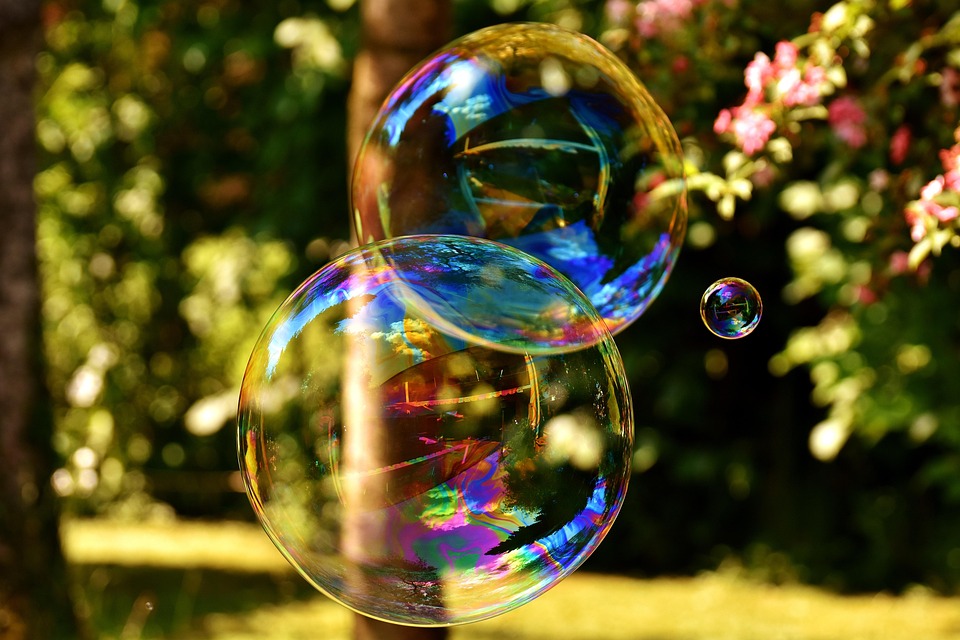Feeling that constant pressure in your bladder can be more than just uncomfortable—it can disrupt your daily life and steal your peace of mind. Bladder pressure often feels like an urgent need to go, even when you’ve just been to the bathroom. Understanding how to ease this sensation quickly can empower you to take back control of your body and your life.
Contents
What is Bladder Pressure?
Bladder pressure refers to the sensation of fullness or urgency that occurs when your bladder fills with urine. This feeling can be caused by various factors, including a full bladder, urinary tract infections (UTIs), or even stress. While it’s a common experience, persistent pressure can indicate an underlying issue that should not be ignored.
For many, the discomfort of bladder pressure is not just physical; it can also take an emotional toll. You might feel anxious about finding a restroom or worried about potential leaks. This is where knowing how to manage that pressure can be a game changer.
Why It Matters to You
Understanding and managing bladder pressure is essential for maintaining a high quality of life. When you feel in control, you’re free to engage fully in your daily activities without the constant worry of discomfort. Whether you’re at work, out with friends, or simply relaxing at home, being able to ease that pressure fast can help you reclaim your confidence.
1. Stay Hydrated—But Smartly
You might think that avoiding fluids will help reduce bladder pressure, but that’s a myth. Dehydration can actually exacerbate bladder issues. Instead, focus on drinking enough water throughout the day. Aim for about 8 glasses, but listen to your body.
- Tip: Try to sip water consistently rather than chugging it all at once. This helps your body process fluids better and reduces the feeling of urgency.
2. Know Your Triggers
Certain foods and drinks can aggravate bladder pressure. Caffeine, alcohol, spicy foods, and artificial sweeteners are common culprits. Keeping a food diary can help you identify your unique triggers. Once you know what to avoid, you can make informed choices that ease your discomfort.
- Tip: Consider reducing or eliminating these irritants from your diet for a couple of weeks to see if your symptoms improve.
3. Practice Bladder Training
Bladder training involves gradually increasing the time between bathroom visits. This technique can help your bladder hold more urine over time, reducing urgency.
- How to Start:
- Begin by noting how often you go.
- Gradually extend the time between visits by 10 to 15 minutes.
- Celebrate small victories to keep yourself motivated.
4. Explore Relaxation Techniques
Stress can tighten your pelvic muscles, leading to increased bladder pressure. Engaging in relaxation techniques can help ease that tension.
- Methods to Try:
- Deep Breathing: Inhale deeply through your nose, hold for a moment, and exhale slowly. Repeat several times.
- Meditation: Spend a few minutes each day sitting quietly, focusing on your breath, and letting go of tension.
5. Consider Natural Remedies
Certain natural remedies may help alleviate bladder pressure.
- Herbal Teas: Chamomile and peppermint teas can have soothing effects on your bladder.
- Pumpkin Seed Extract: Some studies suggest that pumpkin seed oil may improve bladder function.
Always consult your healthcare provider before trying new supplements or remedies to ensure they’re safe for you.
6. Strengthen Your Pelvic Floor
A strong pelvic floor can help manage bladder pressure effectively. Kegel exercises, which involve tightening and relaxing the pelvic muscles, can enhance your bladder control.
- How to Do Kegels:
- Identify your pelvic muscles (the ones you use to stop urination).
- Tighten these muscles for 5 seconds, then relax for 5 seconds.
- Aim for 10-15 repetitions, three times a day.
7. Consult a Healthcare Professional
If bladder pressure becomes a persistent issue, don’t hesitate to consult a healthcare professional. They can help identify any underlying conditions such as UTIs, bladder infections, or even pelvic floor disorders.
- Why This Matters:
- Early diagnosis can lead to more effective treatment options, whether that’s medication, physical therapy, or lifestyle changes.
Bottom Line
Easing bladder pressure fast is not just about managing discomfort; it’s about regaining control over your life. By staying hydrated, knowing your triggers, practicing bladder training, exploring relaxation techniques, considering natural remedies, strengthening your pelvic floor, and consulting a healthcare professional when necessary, you can find relief.
You deserve to feel comfortable and confident in your body. Take these tips to heart and reclaim your freedom from bladder pressure today!
FAQs
Q: Can caffeine really affect bladder pressure?
A: Yes, caffeine can irritate your bladder and increase urgency. It’s wise to monitor your intake.
Q: How long does it take to notice improvements from bladder training?
A: Most people notice improvements within a few weeks of consistent practice.
Q: Are there any foods that can help with bladder pressure?
A: Foods rich in antioxidants, like berries and leafy greens, can support overall bladder health.
Take the first step today. Your bladder—and your life—will thank you!
Get Your FREE Natural Health Guide!
Subscribe now and receive our exclusive ebook packed with natural health tips, practical wellness advice, and easy lifestyle changes, delivered straight to your inbox.






